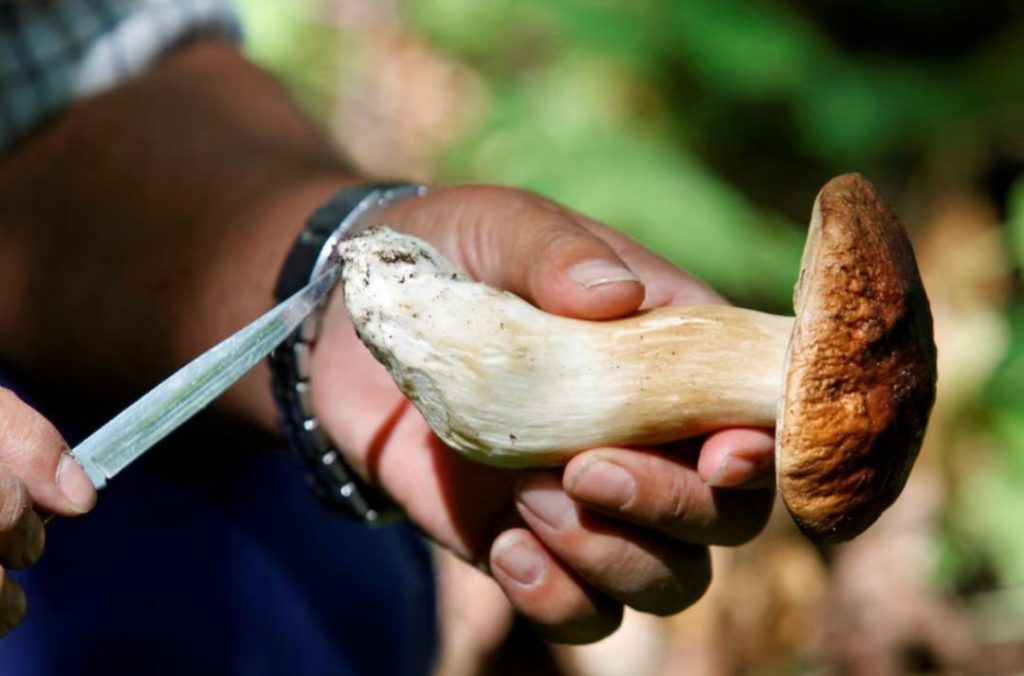
Fungi Vital to Life Facing Growing Risk of Extinction, Study Shows
Fungi are often overlooked, but they play a crucial role in many ecosystems around the world. From decomposition to forest regeneration, fungi are essential for maintaining healthy environments. Unfortunately, a recent study has found that a significant portion of the world’s fungi are facing the risk of extinction due to human activities.
According to the study, nearly a third (411 out of 1,300) of the world’s fungi species are at risk of extinction. This alarming rate of extinction is primarily driven by deforestation and agricultural expansion. The loss of these fungi species could have far-reaching and devastating consequences for ecosystems and the environment.
Fungi are incredibly important for many ecosystems. They are responsible for breaking down organic matter, recycling nutrients, and facilitating the decomposition process. This process is essential for the health of forests, as it helps to recycle nutrients and maintain soil quality.
In addition to their role in decomposition, fungi are also vital for forest regeneration. They help to create a conducive environment for seedlings to grow by breaking down organic matter and making nutrients available. Without fungi, many forests would struggle to regenerate and maintain their health.
Fungi also play an important role in producing medicines, including antibiotics. Many antibiotics, such as penicillin, are derived from fungi. These medicines are essential for human health, and the loss of fungi species could limit our access to these vital treatments.
The study, which was published in the journal PLOS Biology, analyzed data from 1,300 fungal species and found that 411 of them were at risk of extinction. The researchers used a combination of data from the International Union for Conservation of Nature (IUCN) and the Global Fungal Red List to identify the fungal species that are most at risk.
The study found that the main drivers of fungal extinction are deforestation and agricultural expansion. As forests are cleared for agriculture, urban development, and other human activities, fungi habitats are destroyed, leaving many species without the necessary resources to survive.
The loss of fungi species could have significant consequences for ecosystems and the environment. Fungi play a critical role in maintaining healthy soil, and their loss could lead to soil degradation and reduced fertility. This could have far-reaching consequences for agriculture, as well as for the health of forests and other ecosystems.
The study’s authors are calling for urgent action to protect fungi species and their habitats. They recommend that governments and conservation organizations work together to protect and restore fungi habitats, as well as to develop strategies for mitigating the impacts of deforestation and agricultural expansion.
In addition to protecting fungi habitats, the study’s authors also recommend that researchers focus on understanding the ecological roles of fungi and their importance in maintaining healthy ecosystems. This knowledge can be used to inform conservation efforts and develop strategies for protecting fungi species.
The findings of this study are a wake-up call for the importance of fungi conservation. As we continue to develop and expand our societies, it is essential that we prioritize the protection of these vital organisms. By working together to protect fungi habitats and develop strategies for mitigating the impacts of deforestation and agricultural expansion, we can help to ensure the long-term health of our ecosystems and the environment.
Source:






